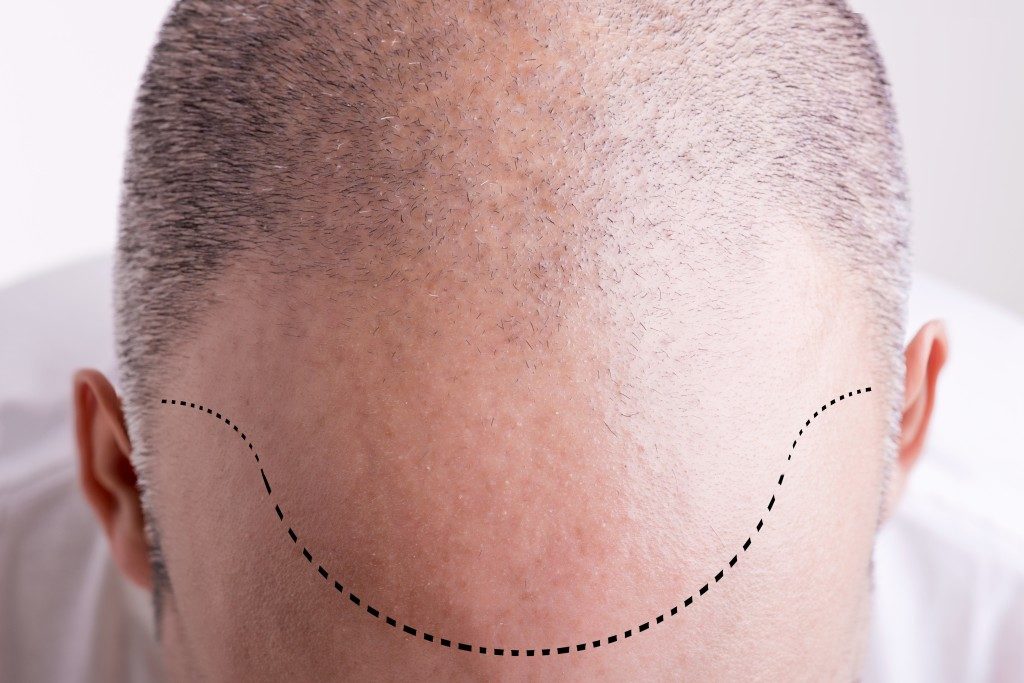- Yoga and meditation are effective strategies for stress relief and promoting mental clarity at home.
- Spending time in nature or creating a nature-like setting at home can positively impact mental health.
- Implementing a digital detox plan helps manage the stress of constant connectivity and encourages mindfulness.
- Aromatherapy, using essential oils like lavender and chamomile, can create a calming atmosphere at home.
- Practicing daily gratitude shifts focus from negative events to positive aspects, fostering a healthier mindset.
In this fast-paced world, it’s easy to become consumed by work, responsibilities, and the hustle and bustle of everyday life. It’s crucial to take a step back from all the noise and prioritize your mental health. People often struggle to balance work and personal life, so it’s essential to incorporate self-care and relaxation into your daily routine. This article explores different ways to relax your mind at home during your lunch break or after work hours.
Yoga and Meditation:
Yoga and meditation have been known to help relieve stress and promote relaxation. Dedicate a small corner in your home to practice yoga poses or meditation exercises. You can also find many guided meditation videos online that you can follow along. Studies show that practicing mindfulness regularly can improve mental clarity and reduce stress hormones. If you’re new to yoga or meditation, start with shorter sessions and gradually increase the time as your skills improve.

Connect with Nature:
Spending time in nature can benefit your mental health positively. Take a walk in your local park or garden, breathe in the fresh air, and enjoy the beauty of nature. Hiking can also be a great way to increase your heart rate and reduce stress levels. May it be a long hike or a short nature walk, you can benefit from the calming effects of being surrounded by nature.
Some people also recreate the relaxing atmosphere of nature by creating relaxing garden rooms at home. These spaces are perfect for practicing yoga, meditation, or just sitting and enjoying the beauty of nature from the comfort of your own home. You can look online for ideas to create your garden room.
Digital Detox:
In today’s world, people are constantly connected to technology. It’s essential to take a break and disconnect from social media, emails, and messages. But this may be difficult due to work or other commitments. If you can’t avoid using technology, plan a digital detox carefully. Here are some tips to get started:
Designate specific times
If you don’t have the luxury of taking a tech break, set aside specific times to focus on your work and manage emails. Designate certain hours in the day to avoid getting distracted by social media or notifications.
Pre-schedule posts
If you use social media for work purposes, pre-schedule posts in advance so you won’t be tempted to check your accounts during the designated off-time. This way, you can focus on the task at hand and relax your mind during designated hours.
Put away the device
It may be hard to stay away from technology, but try to make it a habit to put away the device and spend more time on activities that make you happy. Read a book, try a new art project, or take up cooking – do something that will help you focus on the present and forget about social media for some time.
Make technology a reward
If you want to use technology as a reward, set certain conditions, such as completing tasks or finishing goals. This will motivate you to finish things and allow you to enjoy your online activities afterward.

Aromatherapy:
Aromatherapy is the use of essential oils to promote relaxation and overall well-being. You can use essential oils in several ways, such as through diffusers, rollers, and candles. Some popular oils that promote relaxation are lavender, chamomile, and eucalyptus. Try using some essential oils in your bedroom or living area to create a calming atmosphere.
Practice Gratitude:
When you feel overwhelmed, it’s easy to focus on the adverse events rather than the good ones. Make it a habit to write down things you’re thankful for daily. It can be as simple as waking up on time or having a warm cup of coffee. This practice helps to shift the focus from the negative aspects of life to the positive ones.
Mental health breaks are essential to keeping your mind and body healthy. Incorporating self-care and relaxation into your daily routine can help reduce stress and anxiety and improve overall well-being. Try implementing some of these simple activities into your daily routine and see the benefits for yourself. Remember, giving yourself the time and care you need to lead a happy and fulfilled life is essential.







